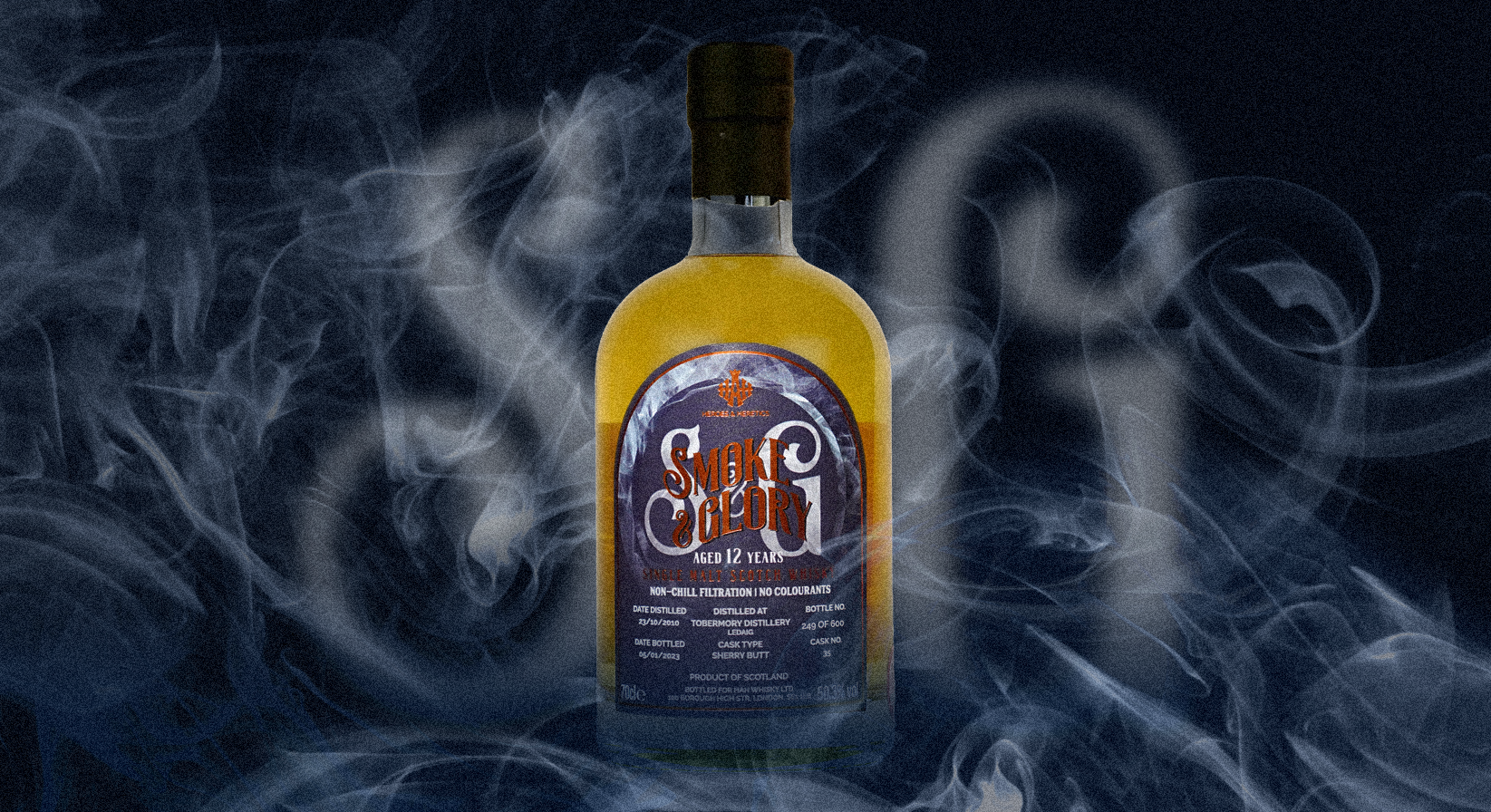The following story is based upon a apocryphal tale that has been told countless times at gatherings around the world. It is, fundamentally, a good yarn. I make no claim to originality or fact, and instead wished only to commit to writing what is a darkly amusing story that was recounted to me by my father in one of his more high spirited moments. Every one of the characters, most of the locations and the events in their entirety are, of course, purely fictitious.
As with many good stories this one begins with two young lovers. Isabelle Bache’s mother, a pushy creature from out the Midwest, had married well. From the great and diluting abyss of half a billion acres of farmland she had followed a speedy and meritocratic rise (having been almost as beautiful as her daughter was now) and found herself walking down the aisle of the Église St-Jean-Baptiste Church in New York City on the arm of an extremely wealthy and immensely boring man who made his money gutting the companies others had striven for generations to build.
Isabelle was their only daughter, and when it came time for her to continue onto higher education as her mother had been unable to, the momentum that had borne her mother out of the Midwest carried her on a similar trajectory. The North Atlantic was cleared in a matter of hours, and she was fortunate that somewhere over Wexford, small doubts beginning to set in, the momentum faltered, and, stumbling, her plane landed at Heathrow just in time for dinner.
She had the peculiar habit shared by many Americans of spending most of her time within the confines of the Circle Line whilst simultaneously managing to maintain a 2:1 average in Early Modern History at the University of Richmond. It was during this period of intense study that she was introduced to her soul mate.
James Caruthers-Douglas, a not quite direct descendant of ‘Willy Douglas’, scourge of the Marches and a known widely as the Cattle Stealing Baron of Bonjedward, was a fortunate man. Despite being the first son of a second son (a matter of intense importance for people lacking in any discernable skill of their own), he was tall, healthy looking, and confident. These qualities allowed him to speak with Isabelle with an easier manner than many of his contemporaries, who were often reduced to mild panic attacks and temporary speech impediments when approached by a debutante as wealthy and as beautiful as Isabelle. It was, however, his Scots Guards mess dress that really sealed the deal, and when he proposed to Isabelle five months later, as military types are apt to do, she was for a brief moment the happiest American in Britain.
A provisional date for the wedding had been set and Isabelle was busy planning a city wedding that would eclipse her mother’s own affair, littered as it had been with provincial relatives of embarrassing taste and sensibilities, and the unfortunate matter of the church being in Manhattan. The trip across the pond ensured that the American presence would be kept to a minimum, something James was also best pleased about. They had enough friends of their own at this point to populate quite a large venue, and it was during the search for the suitable combination of holy site and civic ballroom for the tear up that James received the less than crushing news that his bachelor Uncle had drowned, quite unexpectedly, falling off a cliff in the Hebrides chasing an elusive sub species of puffin that he wished to make a sketch of for the Royal Geographic Society (all they had at the time were high quality photos from digital cameras).
Isabelle’s knowledge of this Uncle and his holdings had been limited by her own sense of modesty and desire not to delve when James spoke of his family; Burke’s had also not been updated in sometime. But there was in the back of her mind an idea, often and shamefully pushed down, that her fiancé might in fact be in line to inherit a rather large if unprofitable castle somewhere between Edinburgh and Glasgow.
Over the next few weeks, death dues aside, logic prevailed. ‘Why shouldn’t you and Isabelle marry at the family chapel and then use the castle? Your father and I certainly did.’ James was of course keen to see what would soon be his country seat, and how could Isabelle argue with that? Obviously she would have been happy marrying anywhere, but how charming to be in a castle. The Hamptons accent faded by the day.
A great throng headed to Scotland. On the Groom’s side, the Officer’s Mess of the Scots Guards, a sizeable chunk of the Rugby School leavers of ’83, a small but tight-knit fishing syndicate based out of the Sands End Pub and the inevitable cousins and other familial hangers on who were in need of a good meal.
On the side of the Bride to be, a rather smaller but less intimate gathering. All of their female friends, including several other attractive Americans (much to the delight of the male guests), two cousins who worked in Frankfurt and her mother and father.
The service was a delight, despite the best efforts of the plebeian Scottish vicar who held the belief that all marriage since the invention of the night club was a sullied and farcical affair in the eyes of God and Church. Tears were shed at the appropriate moments and when they left under the sword arch there was a panoply of applause driven on by the genuine joy of all those assembled.
Much later, when the dancing was coming to an end and many of those guests not close enough to the couple to warrant a cold bed in the castle had departed to be scattered among the village pubs, James received some extremely distressing news from his best man, Captain The Lord DeVere.
“The bar has run out of whisky. What are we going to do about it?”
James’ own father, responsible in quite a large part for the shortage, was already comatose by this point, and it fell to the Groom to amend this heinous miscalculation on the caterers’ part. The Bride’s father, having not too long ago subtly changed his supposed ancestry from Irish Catholic to Scots, was particularly concerned. It was fortunate that his love of whisky had allowed the smooth transition of his bloodline’s nationality.
James was of course, as a military man, quick to take charge, and with the help of most of his brother officers and a few other late night aficionados, they descended down staircases long untouched in search of more drink.
It is often said that the dungeons are the bowels of a castle. This of course is true, but the fact of the existence below this of many other levels is often neglected. What of the knees of a fortress, or the shins? I am afraid I must also skip past these, as although they did contain many great treasures, including a forgotten armoury which held an original Jacobite cannon, they did not contain any whisky. It was the final door in the last corridor after heading down the concluding set of stairs that they discovered their grail. Several casks of varying size and age lined the walls. Most were in a pretty poor state of repair and long dry. After much cobweb swiping and dust blowing someone called out, and the assembled team of explorers gathered round.
The cask they had selected was just large enough to move with two teams of six men, with its almost unbelievable weight throwing out not a couple of backs along the way. It was newer than the others and had not fallen into disrepair or been tapped; indeed it had not been touched since it was first put there by James’ late Uncle several years before James was even born.
It is said that the material used to construct Stonehenge came all the way from the Welsh mountains, and that it was dragged for miles by hundreds of attendants for a purpose that to them seemed to justify the monumental effort required. It is with this in mind that the scene can be easily reconstructed in the mind’s eye of the last of the wedding party heaving the whisky cask up to the more civilised corners of that fortress. Much swearing and sweating, frequent rests and new plans pleaded to the jury; but the course, set by the groom, judge for the day, continued on its monotonous and disk slipping journey upwards.
When finally it was heaved onto one of the trestles and someone had looked up the correct method for tapping a new cask, a tasting glass was presented to James, as the others were handed crystal tumblers. An amontillado coloured, slightly cloudy and almost viscous liquid was extracted in small measure, and all looked on in wonder as their high priest for the evening raised his sacrificial chalice to them, and took a draught.
“Well? Come on then, is it any good?”
“I declare I have in my life never had a whisky like it.”
Other glasses crowded beneath the trickle of whisky pouring from the cask and soon the men and women of the last stand sat around amicably on the tables and, in time honoured fashion, told old stories and laughed with one another in a manner they knew they would likely never recreate.
James soon excused himself to head upstairs with his new bride, the whisky of his soon to be new home coursing through his veins, and by the casks end there were only three men remaining. James’ best man, Captain DeVere, his father in law and his godfather. Their level of inebriation was at this point nearing the final stages in that evolution from first sip to eventual slumber. It was decided, with much verbal support to the man who suggested it, that to ensure the whisky could never be enjoyed by another, the cask must be destroyed and put to the torch. A sledgehammer was procured from the sort of place only drunks know in which to look for a sledgehammer at five minutes to six in the morning. The best man stood on the table, legs apart and held the hammer above his head for a moment, before bringing it down with a swing so enthusiastic the follow through carried him with it and he fell to the floor in a heap. It was as James’ godfather helped the captain to his feet that Mr Bache let out a horrified cry. He had been the first to see what the other two were now for themselves understanding. Amongst the wreckage of the shattered staves and iron hoops were the black, petrified remains of a human body.
By William Prior



You must be logged in to post a comment.